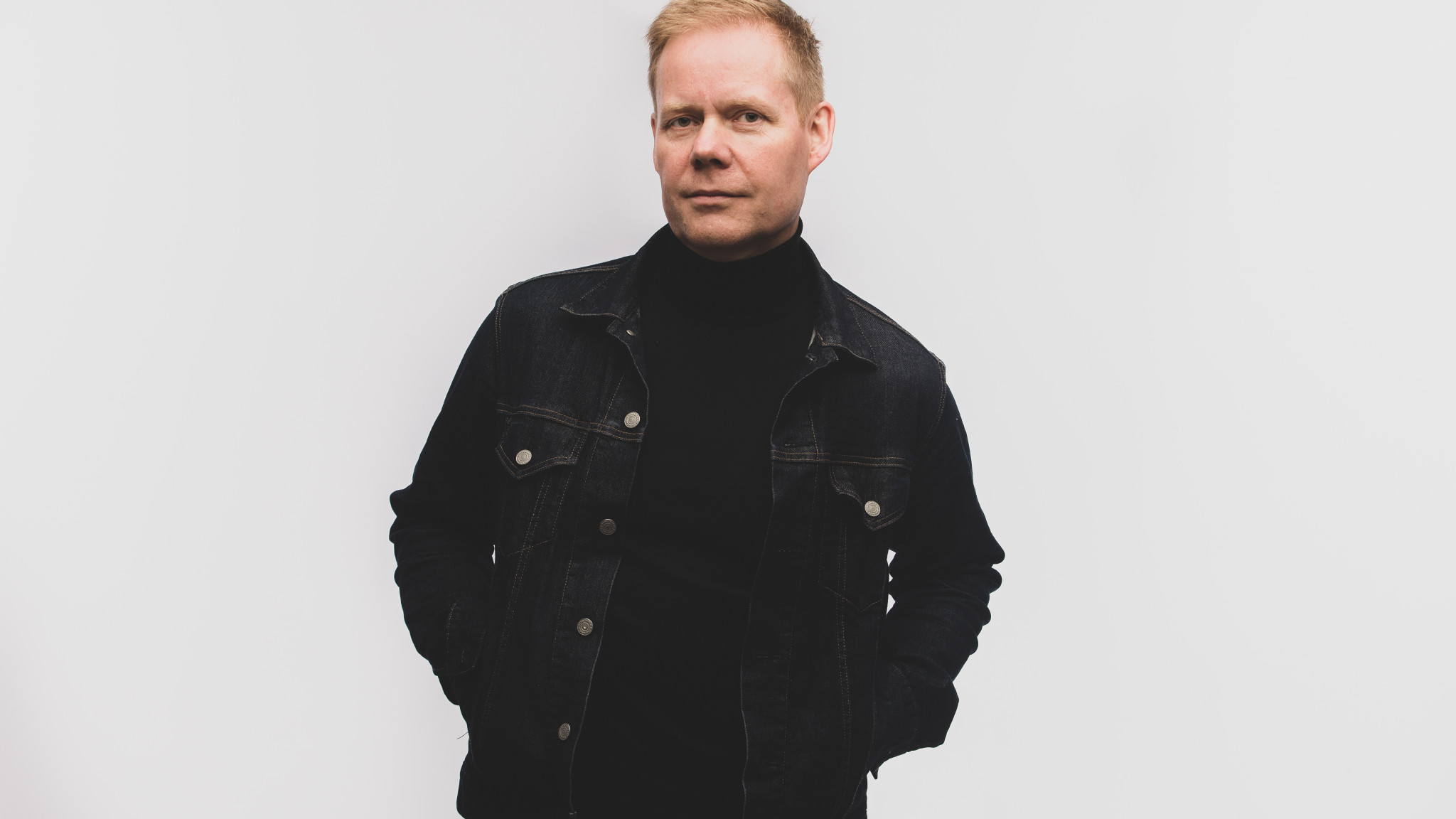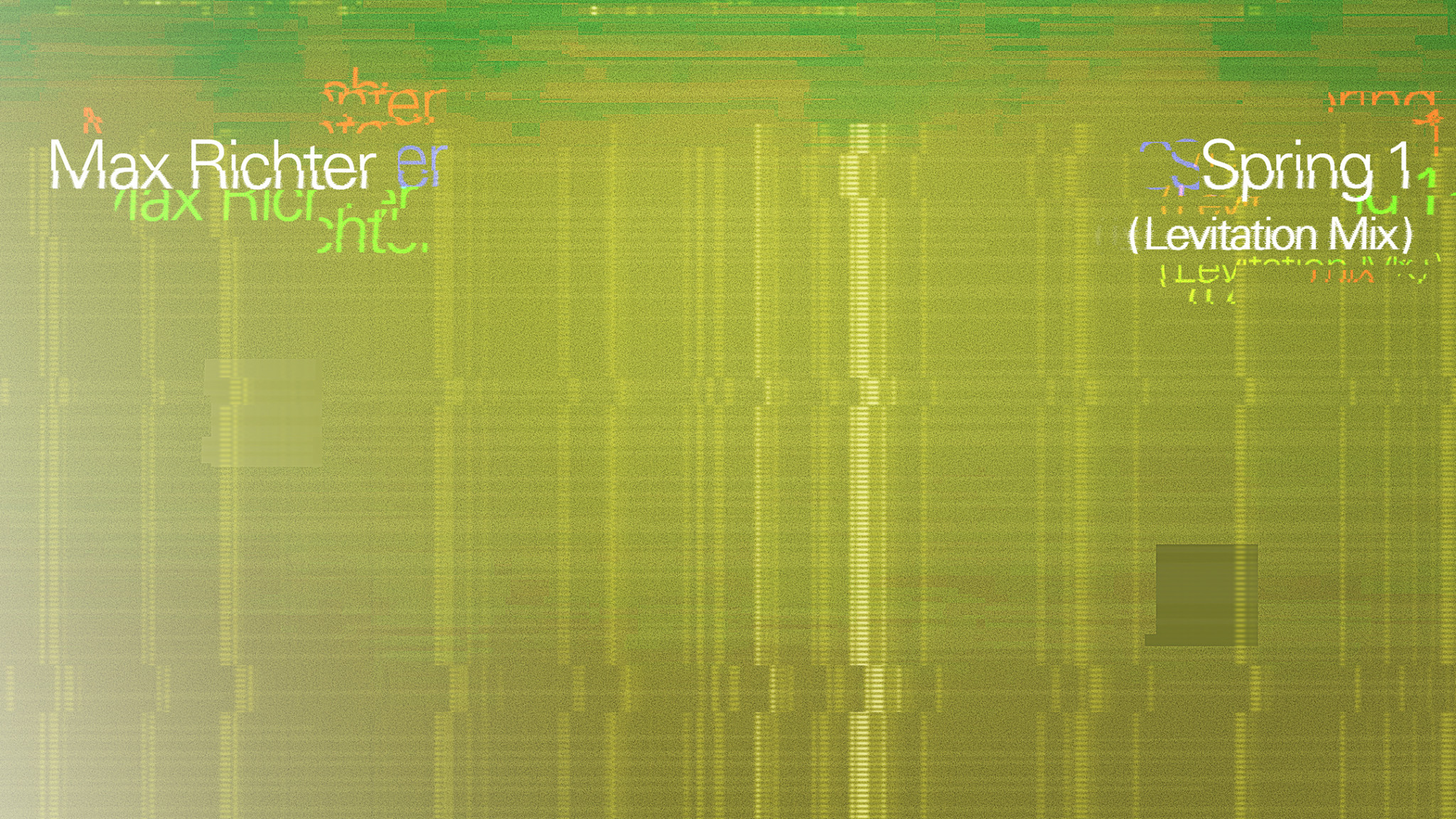The Politics of Sound

The music of progressive contemporary artistes such as British-German composer Max Richter, British post-electronic producer Clark, and Texan minimalist ensemble Balmohrea, can be enjoyed on a purely sonic or emotive level; after all, their works can be heard in an impressively wide range of contexts, as film and television scores, in concert halls and theatre venues, and even as part of video games and art installations.
But a series of summer releases from these composers shines new light on their political commitments. Richter is perhaps best known of them all for making sociopolitical statements, broaching controversial topics such as the Kosovo conflict (on his 2001 debut Memoryhouse), the 2003 Iraq invasion (The Blue Notebooks, 2004), and the 2005 London terrorist attacks (2010’s Infra). He also worked on director Ari Folman’s animated documentary about the Lebanon war, Waltz with Bashir, in 2008 and on last year Voices, took inspiration from the Universal Declaration of Human Rights.
His latest album, Exiles, is equally political: the title track that forms its centerpiece is based around a 33-minute ballet piece—composed for Sol León and Paul Lightfoot’s Singulière Odyssée at the Nederlands Dans Theater—that was created as a direct response to the tragic 2015 sinking of an overcrowded migrant vessel off the coast of Libya; at least 700 migrants, including many children, perished.
The album serves as a kind of Richter retrospective, with many former works re-orchestrated alongside the Baltic Sea Philharmonie, an orchestra comprised of musicians from the Baltic countries; this also feels like a defiantly pro-European movie in the immediate post-Brexit era."I think if we’re making a creative contribution to society, we’re taking part in the conversation that is society, then we are engaging in political action, just by default," Richter told Second Inversion in 2018. “I’m not against the idea that art should have a kind of a social use, a kind of a utility. It’s for something. Music is for dancing, it’s for getting married, it’s for being buried, it’s for all sorts of activities. And it can also be a tool for thinking, and for engaging with the issues of society.”
One of the big topics not yet tackled by Richter – climate change – has meanwhile been adroitly tackled by his labelmate Clark. While Clark’s sonic aesthetics have traditionally been driven by the relationship between man and machine, he also shied away from larger political topics: “Un UK” on 2017’s Death Peak, for example, was a defiantly angry take on Brexit.
Clark’s latest studio album Playground In A Lake, his ninth, is informed by two philosophical texts – Eugene Thacker’s Infinite Resignation, and Ernest Becker’s The Denial Of Death – both chosen for their thematic relation to global warming and its potential apocalyptic nature. The album, says Clark, “is about the last human on earth, the betrayal of an innocent child and becoming a grown‑up; growing a shell over our lost young selves. It’s the playground we bury and a drowned planet; an extinction myth.”
The album sees the producer move away from his usual electronic escapades to embrace classical instrumentation and a range of compositional styles from piano suites, evocative strings and droning power synths. While certain songs and elements are as bleak as its concept suggests, there’s also a great deal of warmth, tranquility and even optimism scattered through the record.
Likewise with the dozen or so tracks that comprise Balmorhea’s latest, The Wind, which are inspired by meditations on the natural world and its fragility. Inspired by an ancient tale about a saint who carried the wind to an airless French valley, as well as the pioneering activism of Greta Thunberg (“La Vagabonde” is named after the catamaran Thunberg used to cross the Atlantic ocean), the Texan ensemble—founded in 2006 by Rob Lowe and Michael Muller—have created an enigmatic tapestry of guitar, piano, organ, cello and various vocal performances.
Recorded at Nil Frahm’s studio in Berlin’s Funkhaus, it effortlessly joins the dots between post-rock, ambient and modern classical, and its delicate, cerebral nature makes it an ideal soundtrack for reflection. Indeed, all these works are ideal for rumination, offering disquiet and hope in equal measure in relation to some of the biggest topics of our day. Or, of course, you can simply enjoy them sonically.
Paul Sullivan




